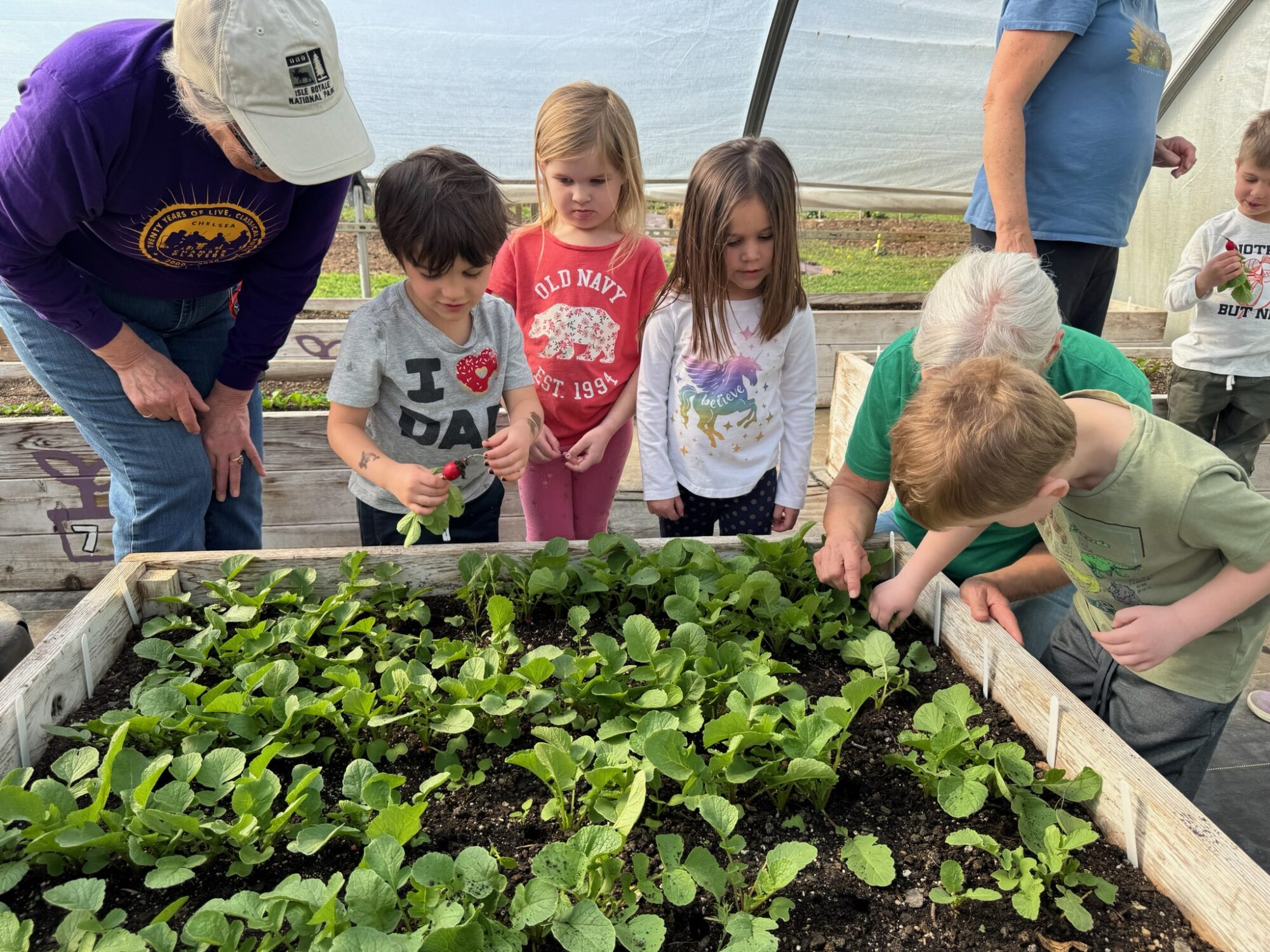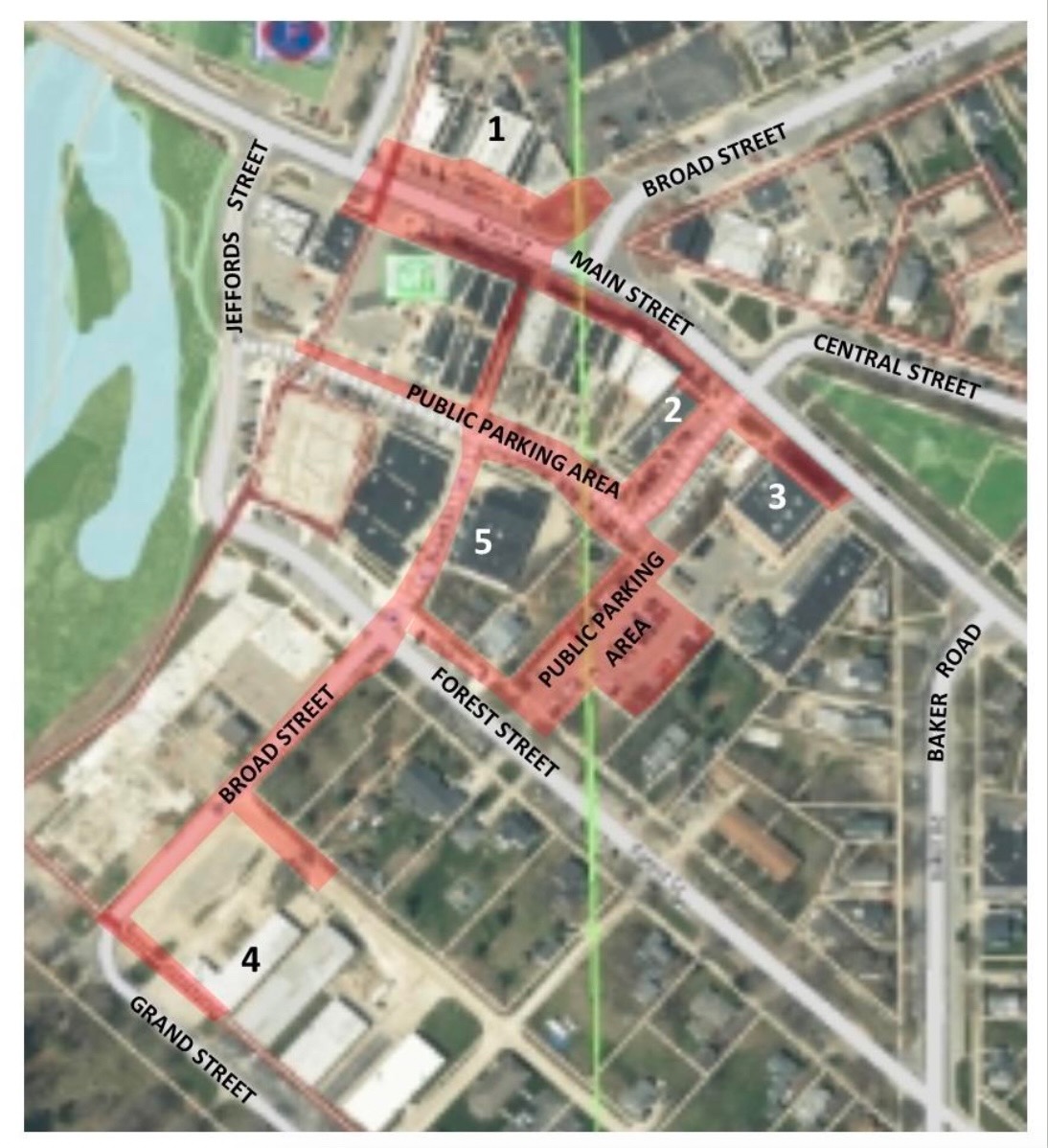With a goal of trying to do better and improve while making the school district an even more welcoming, inclusive and equitable environment for everyone, Saline Area Schools (SAS) is taking in what they learned from the recent Listening Sessions and Perceptions of Equity surveys and are aiming to put the feedback into action.
At the school board meeting in July, Saline Superintendent Dr. Stephen Laatsch gave a presentation on the Listening Session / Perception of Equity Survey update.
Laatsch discussed with the school board what he learned from the five different “Listening Sessions” that he held for a number of different parent groups (example: parent (s) who have students who identify as Black/African American students) to learn about their experiences both in the Saline Area Schools and surrounding communities.
“They shared with me, from their experience, what is going well and what areas need improvement,” he said.
He then compared this information with survey data they gathered from the entire district. SAS does a district-wide survey called “Perceptions of Equity” where they survey students, staff and the community to ask about their experiences in the Saline Area Schools.
Laatsch said the goal is to continue to improve in how they, as a District, provide an equitable environment for their students, staff and community.
This past April and May, SAS invited families to join Laatsch, DEI Specialist Ryan Kerr, and city of Saline and Pittsfield Township officials in conversations with affinity groups to better understand families’ experiences in Saline Area Schools and the greater Saline community.
As an educational community, SAS said the community strives to embrace diversity and create a culture of equity and inclusion and toward this the school district continues to focus on being a more culturally responsive district by seeking to eliminate discrimination and harassment from within its system.
The listening sessions were devoted to:
- Families of students who are Black or African American
- Families of students who are Asian, Hispanic, Latino, Native American, or Pacific Islander
- Families of students with special needs
- Families of students who identify as LGBTQIA+
- Families of students who follow religious traditions
In reviewing the feedback and views given at the listening sessions, Laatsch presented some overall general themes that were formed around the positive takeaways and where the district can grow and get better.
The overall positives expressed by participants were:
- Existence of Affinity (Listening Sessions) and Supports Groups
- Positive Teacher Experiences
- Sense of Community
- Positive School Environment
- Recognition of Importance of Diversity
- Existing Resources
Areas of Growth included:
- Representation within Faculty
- Curriculum Inclusivity
- Microaggressions (Merriam-Webster defines this as a comment or action that subtly and often unconsciously or unintentionally expresses a prejudiced attitude toward a member of a marginalized group, such as a racial minority.)
- Administrative Response
- Support for Families New to the District
- Bullying
- Balancing Religious Beliefs
Each listening session had some of its own takeaways, with areas of concerns and positives being put forth.
For the families of Black and African American Children their concern areas were:
- Racism
- Lack of Black representation
- Curriculum not inclusive
- Microaggressions and racism not always addressed
- Exhaustion and lack of trust
- Desire for Change
Some positives were:
- Having the Black Student Union
- Positive Experiences with Specific Teachers
Again, each session had its own takeaways so for better understanding its best to view the meeting and Laatsch’s presentation, which can be viewed on the July 9 meeting recording found on the district’s website.

Here is some of the feedback from the Listening Sessions. image courtesy of Saline Area Schools
Some takeaways from the extensive survey included:
-38 percent of participating parents/guardians said their student has felt bullied, harassed, or excluded by other students in their school and 37 percent of participating secondary students said the same.
-More participants said harassment or bullying has happened to others rather than experiencing it personally. For Example, 32 percent of parents/guardians said harassment/bullying based on race/ethnicity has happened to other students but only seven percent said it has happened to their student or to them (1 percent).
-42 percent of participating secondary students said harassment/bullying based on gender identity has happened to other students and 5 percent said it has happened to them.

Again, the best way to take in all of the feedback is through watching the presentation by Laatsch.
Going forward, Laatsch said it’s the district’s aim to at each building to address the concerns and areas of growth and keep building upon the positives. He said they will look to see where and how they can improve.
He said they will use this information/feedback to build better schools and a district improvement plan.
To see the meeting and presentation, go to https://www.youtube.com/watch?v=xu_-XIWTvRs.






 8123 Main St Suite 200 Dexter, MI 48130
8123 Main St Suite 200 Dexter, MI 48130


